Ag plan gears up for education process
By Timothy Schafer, The Nelson Daily
Small scale farming in the West Kootenay cannot compete with the massive farming operations in California where most of our food is imported from, says one of the authors of a coming Area Agricultural Plan.
Russell Precious said what exists currently in the West Kootenay is not abundant enough, nor priced competitively enough to persuade people here to buy local.
However, with education and the advancement of peak oil, what is grown here could become more affordable — in economies of scale — and more desirable, he explained.
“It wouldn’t be far fetched to say that, at some point, California’s ability to feed us is going to ratchet down,” he said.
The most important thing the plan could do — when it is released early in 2011 — would be to raise the profile of the importance of local agriculture through education, said Precious.
“Because there is no getting into farming if there isn’t a strong demand side and a willingness to pay what food costs to grow here.”
Nelson-based food activist and consultant Abra Brynne and a group consisting of Kristin Aasen, Jeremy Lack, Bill Wells and Precious were chosen, along with a steering committee comprised of several RDCK directors, farmers and other food players to help guide the project.
The group is traveling the region this month to gather information for the plan, a Regional District of Central Kootenay initiative designed to encourage and protect farming and food security in the region.
Through a series of community meetings, farmers, food producers and residents of the region will be contributing to the plan to support viable farms and food for the area.
Research into the historical, current and projected food production capability of the region will be done, followed by an analysis of the factors which constrain agricultural production in the RDCK.
These factors include market access, climate, water availability and quality, regulation and development pressures.
Precious said they will be presenting a series of recommendations that are achievable when the report is completed on issues like access to the land, cost, taxation and land use.
“We don’t want to come out with a bunch of platitudes, we want to address all of the big issues, state what is and then say, ‘Therefore, this is what can be done’ and be very precise in terms of our recommendations.”
The tour stops in Castlegar on Thursday night and then New Denver and Nakusp next week, followed by Creston in two weeks. Salmo, Kalso, Creston, Meadow Creek/Argenta, Nelson and Winlaw have all had their chance for input so far, with an average of 25 people per meeting turning out.
Food Security
The Area Agricultural Plan also includes a food security component, assessing agriculture not only from the perspective of what makes a farm viable, but also from the perspective of what do RDCK residents need to eat and how much of it can be produced and sourced here.
More and more people understand the real challenges of feeding a growing world population while addressing the combined impact of energy depletion, climate change and economic uncertainty.
Once upon a time the West Kootenay region was pretty much self reliant — now it imports more than 90 per cent of its food.
Community engagement
There is an ongoing opportunity to fill out surveys on line. You can take the survey at http://www.agplan.ca.


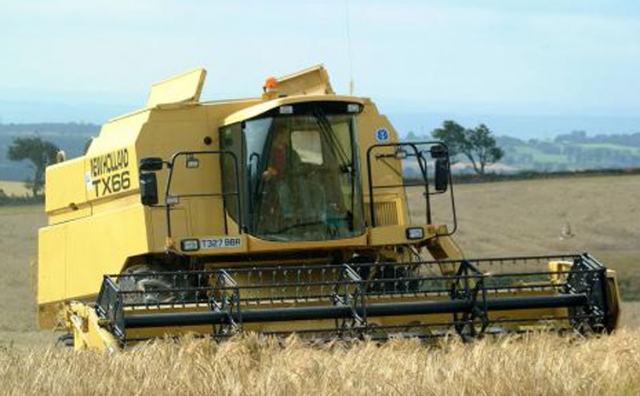



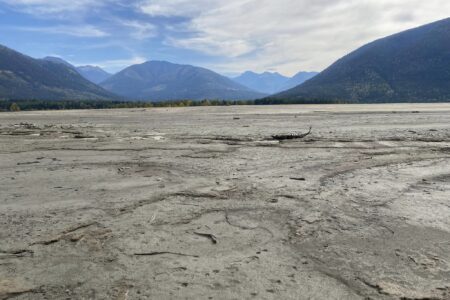



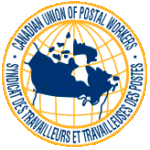






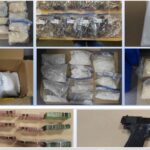
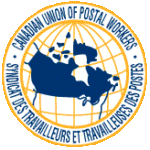







Comments